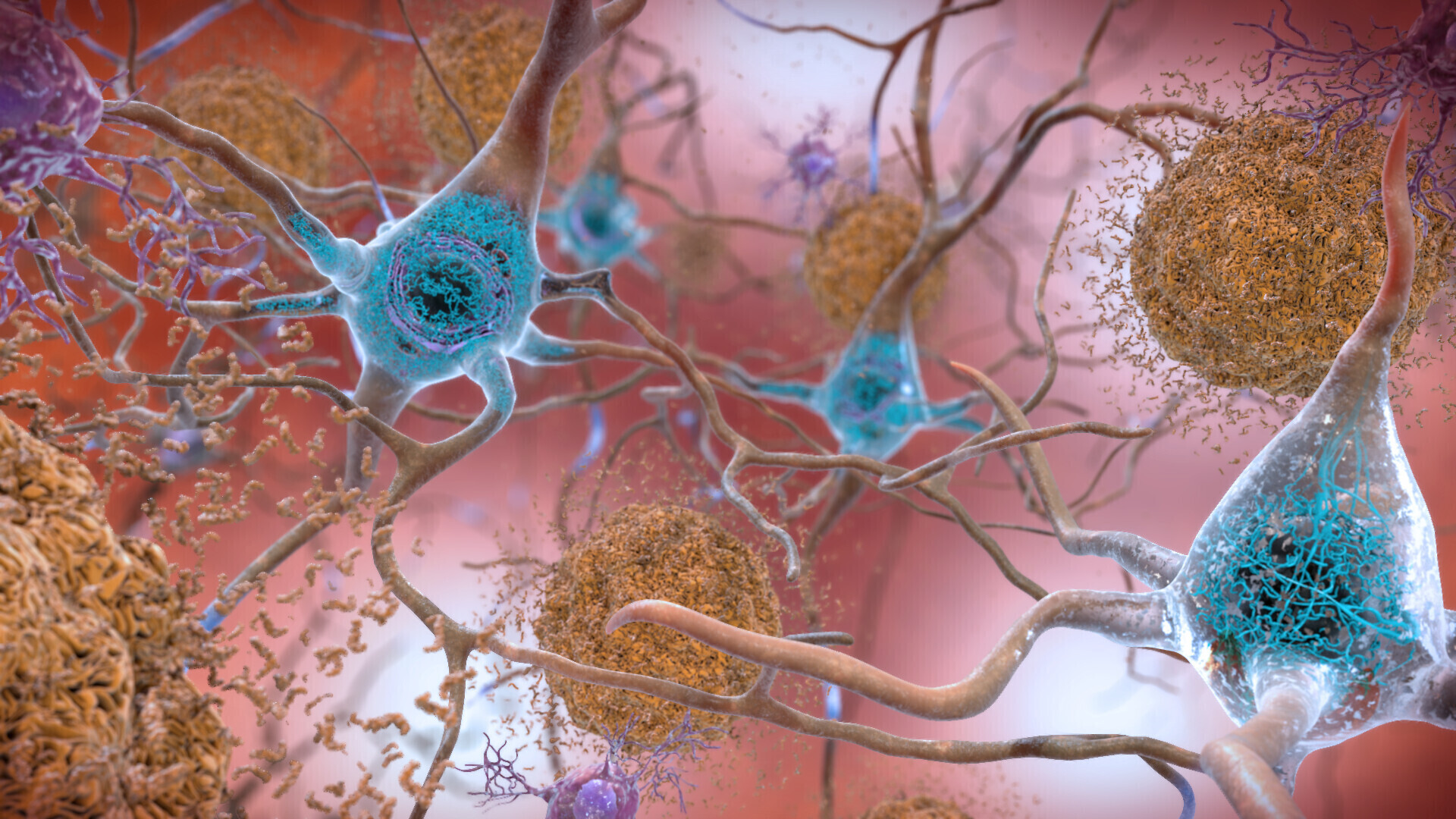rritable Bowel Syndrome (IBS) affects one in five Americans, and two-thirds of the sufferers are women. IBS is a common disorder of the gastrointestinal tract characterized by constipation, diarrhea, alternating symptoms, or pain and bloating. The symptoms are often so frustrating because of an unpredictable bowel routine, that it causes its sufferers to refuse promotions at work or miss out on leisure activities. This disorder is second only to the common cold in causing absences from work or school.
But there is good news for those women who suffer from IBS where constipation is the most predominant feature. Researchers at the Digestive Disease Week conference in Atlanta last week revealed that a new medication, Zelnorm, might be on the market soon. Studies have shown that the medication helps relieve abdominal pain, bloating and constipation in two thirds of the patients taking the drug. The majority of patients experienced relief within the first week of treatment. The drug works by stimulating the serotonin-4 receptor in the intestine. Currently the drug will be approved only for women with IBS. There were not enough men in the studies to show that the drug was effective in males.
What is IBS?
IBS is a disorder usually starting in the teen years or young adulthood. It is generally a chronic disorder that waxes and wanes over the years. It is defined as at least 12 weeks of discomfort or abdominal pain in the preceding twelve months. The symptoms need not occur during consecutive weeks but the abdominal discomfort should have at least two of the three following features:
- Pain relieved by passing a bowel movement.
- Onset of pain associated with a change in frequency of stool.
- Onset of pain associated with a change in form (consistency of stool.
For practical purposes of treatment, patients are divided into three groups. First, there are individuals who have diarrhea-predominant IBS. Second, some patients have constipation-predominant IBS, and last, some patients have pain/bloat type. Some patients are recognized to alternate between diarrhea and constipation.
What causes IBS?
Unfortunately in the past, patients with IBS were looked upon as having a psychosomatic condition. Research has shed a new light and shown that the disorder has a real physiologic basis. Not only do patients with IBS seem to have a lower threshold for feeling pain and bloating in the gut, but there also seems to be an alteration in motor activity in the intestine. This increased sensitivity occurs because there is a change in normal communication between the nervous system in the gut (the enteric nervous system) and that in the brain and spinal cord (the central nervous system). The enteric nervous system controls not only the motion of the intestine and the perception of pain, but also the ability of the intestines to secrete various substances involved in digestion via chemicals called neurotransmitters. One of the most important of these chemicals seems to be 5-hydroxytrptamine (5-HT), also known as serotonin. There are currently at least 20 different receptors in the body for serotonin. The ones most related to gut function are the 5-HT 3 and 4 receptors. The receptor determines the function that serotonin will have in the gut.
Health
Serotonin seems to be particularly important in IBS. Studies indicate that patients with diarrhea-predominant IBS secrete more serotonin after a meal than patients without IBS. This high level of serotonin is thought to stimulate increased movement of the intestine. Further evidence for this difference in processing neurotransmitters in patients with IBS and normal patients lies in the area of Functional MRIs (magnetic resonance imaging studies). Studies show that when a balloon is distended in the intestine of IBS patients there is increased blood flow to areas of the brain that process the emotional response to pain.
The link between serotonin and IBS is exciting and has led to the discovery of new medications to treat both diarrhea and constipation. Alosetron, ( 5HT-3 antagonist), a drug that was recently voluntarily pulled from the market by its manufacturer, was available for the treatment of diarrhea-predominant IBS and was effective in properly selected patients. Unfortunately the drug was associated with severe constipation and ischemic colitis in some individuals. There is guarded optimism that this drug may return in a limited fashion. Cilansetron (5HT-3 antagonist) is another drug currently under study for diarrhea-predominant IBS, but is probably two to three years away from approval. It is important to understand that, Zelnorm, (Tegaserod), a 5HT-4 agonist, and works by a different mechanism than the above drugs. Its chief side effects were diarrhea and headache, both of which seem to be manageable in the studies done. Zelnorm has not been associated with ischemic colitis. Clearly IBS has come along way from its earlier understanding and this will lead to new hope for all suffers of this disorder.



